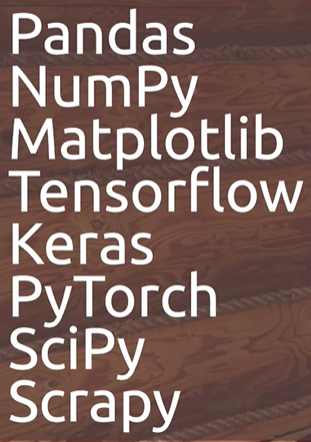When I started learning Python, I got curious about what people write in this language. If you look at it from a general perspective, it seems like Python is used everywhere – it’s such a super universal language that you can write computer games, create a social network with pictures, make a website, and whatever else you want. Just learn Python and you can program whatever you want,
anything you want. It’s like saying that it’s like an entire house is built out of plaster… it’s only covered in plaster, but it’s built with concrete, for example. Python is plaster in that sense.
Thanks to the wonderful marketing of the Python programming language, it is gaining popularity every year, but how things really are – what really programmers program in Python, what jobs are available, what skills are paid for.
Contents:
Python — is slow?
- backend development (online server, SQL, database queries)
- Data science (data manipulation, AI, neural networks, analytics)
Backend on Python
The backend is what happens on the server side in the world of online projects. To do backend development in Python you need to know a few more. Most of them are basic html / css, SQL, TCP/IP and other Internet stuff, working with databases via MySQL, PostgreSQL etc., frameworks like Flask, Django etc:

To follow this path, you need to understand not only the basic syntax of the Python language, but also learn the relevant libraries and frameworks, as well as generally understand how the Internet and Web sites work, how mobile applications work, what a client-server architecture, information packages, and so on.
Python in Data science
This area is very broad and combines many things: data analysis, machine learning, neural networks, image processing, artificial intelligence, etc. This direction is suitable for those who know mathematics and statistics well, probably likes all sorts of modeling. Here, in addition to general technical knowledge and knowledge of Python, you need to learn libraries to work with data, for each area it will be different tools, but there are the most popular, which will be useful to everyone (see figure below).

